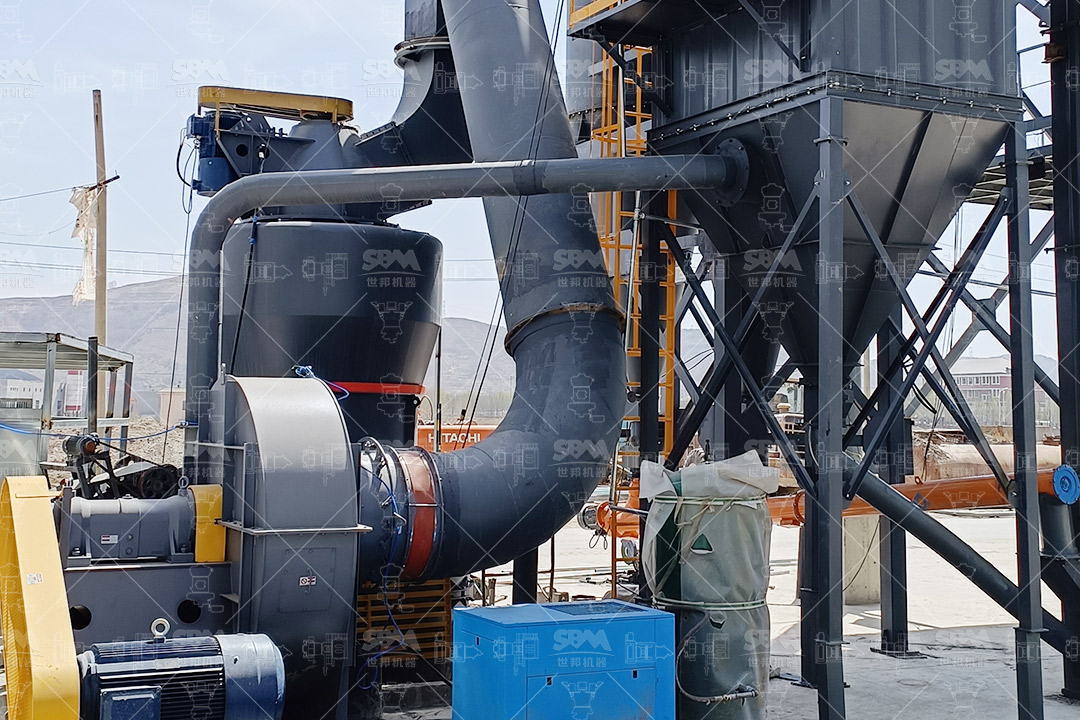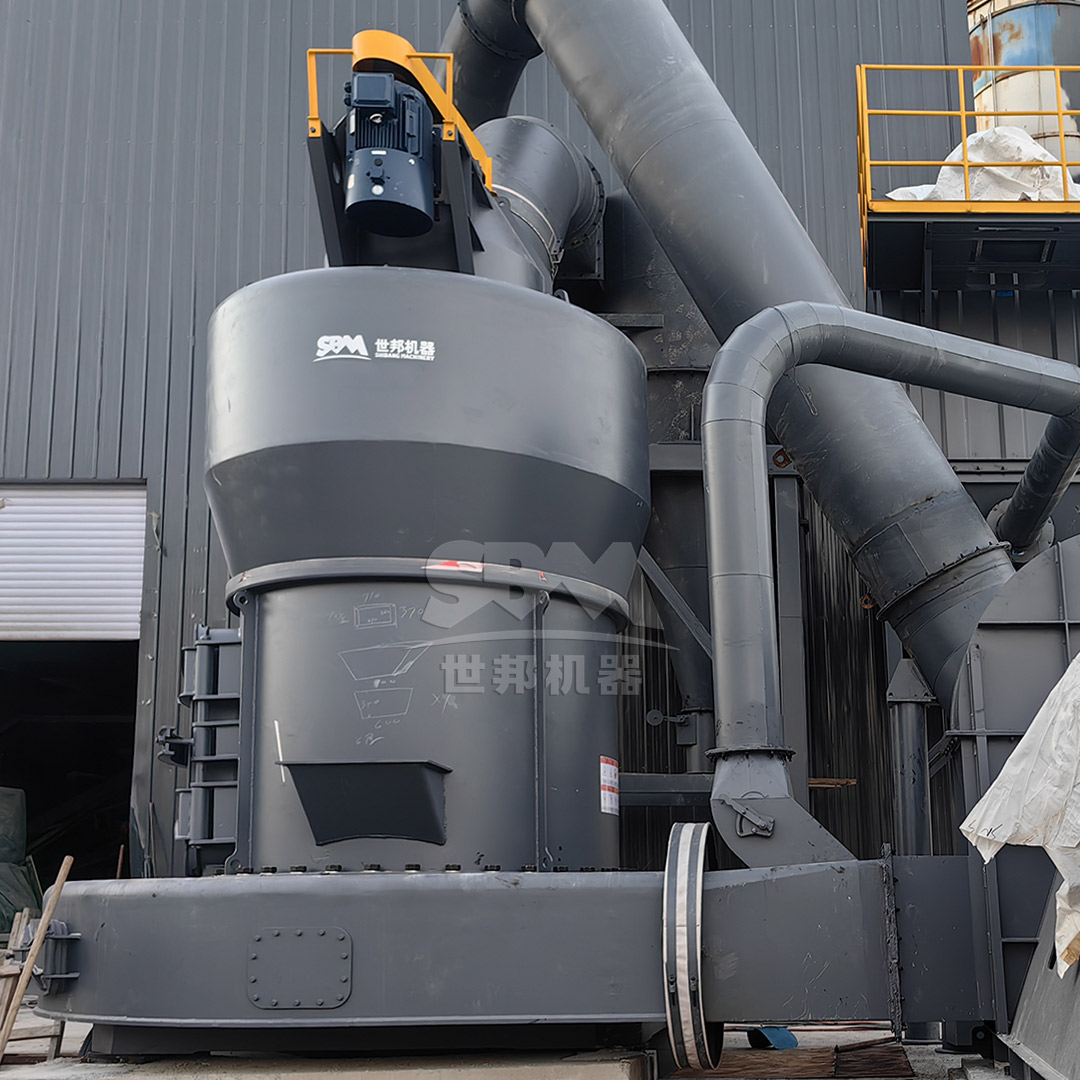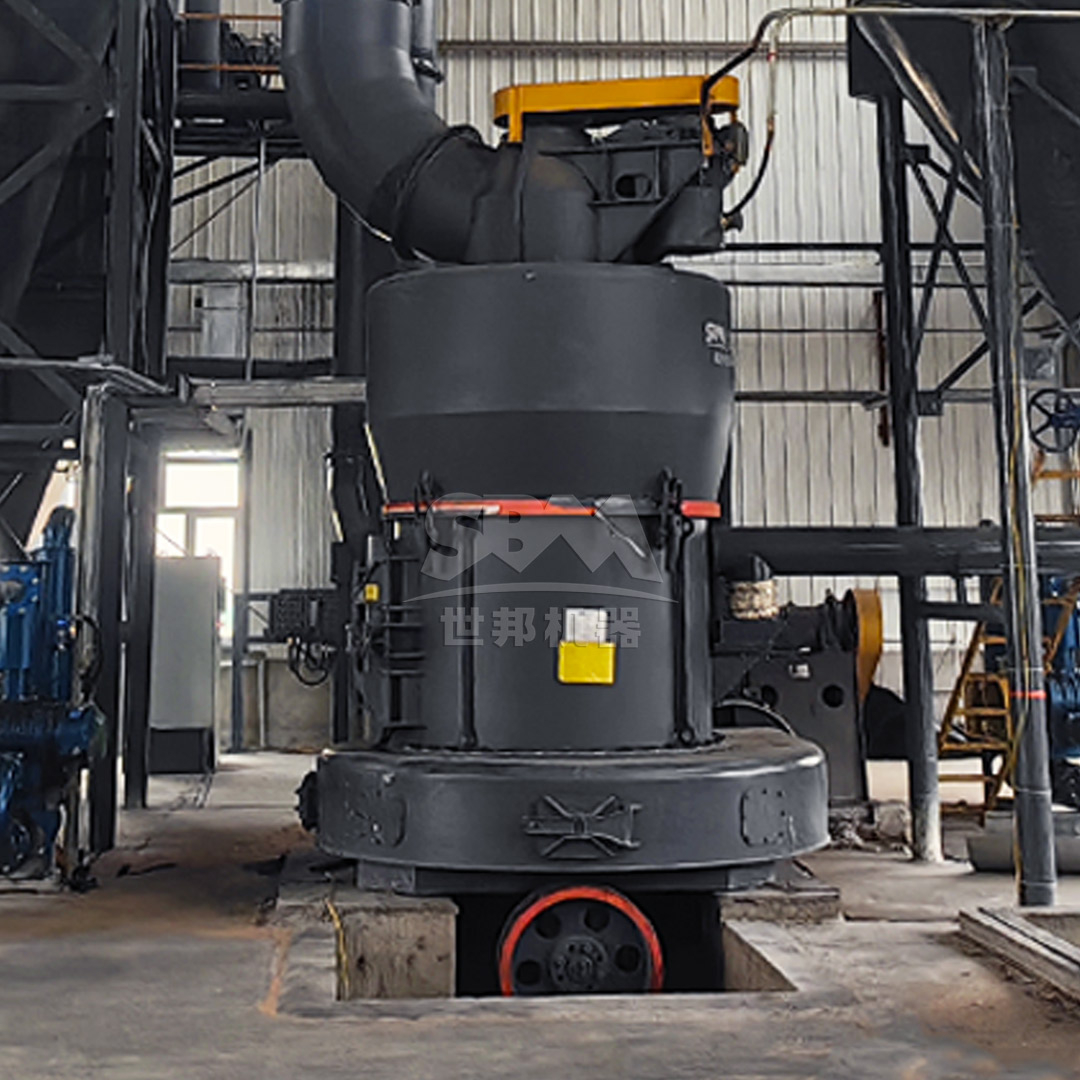The manufacturing of building plaster requires precise control over gypsum powder characteristics to ensure optimal performance in construction applications. Selecting the appropriate grinding mill is crucial for achieving the desired particle size distribution, production capacity, and operational efficiency. This comprehensive guide examines the key factors to consider when choosing a gypsum powder mill and provides detailed technical analysis to support your investment decision.
Gypsum, a soft sulfate mineral composed of calcium sulfate dihydrate, requires specific processing parameters to transform into high-quality building plaster. The manufacturing process typically involves crushing, grinding, calcination, and sometimes additional processing to create various plaster products with different setting times and strength characteristics.
The ideal gypsum powder for building plaster should have consistent particle size distribution, controlled moisture content, and optimal purity levels. These characteristics directly impact the plaster’s workability, setting time, compressive strength, and surface finish quality.
When selecting a grinding mill for gypsum processing, several material-specific factors must be considered:
| Gypsum Type | Typical Feed Size (mm) | Target Fineness (mesh) | Moisture Content (%) |
|---|---|---|---|
| Natural Gypsum | ≤50 | 80-200 | 3-8 |
| FGD Gypsum | ≤20 | 100-325 | 10-15 |
| Phosphogypsum | ≤30 | 100-200 | 10-20 |

Determining your production needs is the first step in selecting the appropriate gypsum mill. Consider both current requirements and future expansion plans. Small-scale operations may suffice with mills producing 3-10 tons per hour, while large plaster manufacturing facilities often require equipment capable of 25-50 tons per hour or more.
Our MTW Series Trapezium Mill offers an excellent solution for medium to large-scale gypsum processing operations. With capacity ranging from 3-45 tons per hour across different models, this mill provides the flexibility to scale production according to demand. The MTW215G model, with its 280kW main motor power and 15-45 ton/hour capacity, is particularly well-suited for high-volume plaster manufacturing facilities.
Building plaster requires specific particle size distributions to achieve optimal performance. Finer particles generally provide better workability and surface finish, while coarser particles can improve bulk density and reduce water demand.
For operations requiring ultra-fine gypsum powder, our SCM Ultrafine Mill delivers exceptional performance with output fineness ranging from 325 to 2500 mesh (D97≤5μm). This capability makes it ideal for manufacturing high-value specialty plasters where superior surface quality and precise setting characteristics are critical.
Grinding operations typically account for a significant portion of energy consumption in plaster manufacturing. Selecting energy-efficient equipment can substantially reduce operational costs. Modern mills incorporate various energy-saving technologies, including optimized grinding mechanisms, efficient classifiers, and intelligent control systems.
The SCM Ultrafine Mill demonstrates remarkable energy efficiency, consuming 30% less energy compared to conventional jet mills while delivering twice the production capacity. This efficiency translates to substantial cost savings over the equipment’s operational lifetime.

Long-term operational reliability and maintenance requirements significantly impact the total cost of ownership. Consider these aspects when evaluating gypsum mills:
The MTW Series Trapezium Mill addresses these concerns with its innovative wear-resistant shovel design and curved air channel optimization, which collectively reduce maintenance costs by 30% compared to conventional designs.
Different mill technologies offer distinct advantages for gypsum processing. Understanding these differences helps in selecting the most appropriate equipment for your specific application.
| Mill Type | Optimal Fineness Range | Capacity Range (t/h) | Energy Efficiency | Maintenance Requirements |
|---|---|---|---|---|
| Ball Mill | 0.074-0.8mm | 0.65-450 | Medium | High |
| Raymond Mill | 30-325 mesh | 2-20 | Good | Medium |
| Vertical Roller Mill | 30-600 mesh | 3-250 | Excellent | Low |
| Ultrafine Mill | 325-2500 mesh | 0.5-25 | Very Good | Medium |
Vertical roller mills have gained popularity in gypsum processing due to their excellent energy efficiency, compact design, and ability to handle moist materials. These mills combine grinding, drying, and classification in a single unit, making them particularly suitable for gypsum applications.
Our LM Series Vertical Roller Mill offers significant advantages for gypsum processing, including 30-40% lower energy consumption compared to ball mill systems and 50% reduced footprint due to its integrated design. The mill’s ability to operate in negative pressure ensures dust emissions remain below 20mg/m³, meeting stringent environmental standards.
For applications requiring exceptionally fine gypsum powder, ultrafine grinding mills provide the necessary technology to achieve particle sizes down to 5μm or less. These mills incorporate advanced classification systems that ensure precise particle size control and narrow size distribution.
The SCM Ultrafine Mill features a vertical turbine classifier that enables accurate particle size cuts without coarse powder contamination. This technology ensures consistent product quality, which is crucial for premium plaster products where performance specifications are stringent.
Modern gypsum processing facilities must comply with increasingly strict environmental regulations regarding dust emissions, noise levels, and energy consumption. Selecting equipment designed with environmental protection in mind not only ensures regulatory compliance but also demonstrates corporate responsibility.
Both our SCM Ultrafine Mill and MTW Series Trapezium Mill incorporate advanced environmental protection features. The SCM series achieves pulse dust collection efficiency that exceeds international standards while maintaining noise levels below 75dB. Similarly, the MTW series features comprehensive dust collection systems and optimized air flow designs that minimize environmental impact.

Excessive noise can create workplace hazards and community disturbances. Modern grinding mills incorporate various noise reduction technologies, including sound insulation chambers, vibration damping systems, and optimized mechanical designs.
The MTM Series Medium-speed Trapezium Mill implements a dual noise reduction system combining damping springs and sealing strips, effectively eliminating equipment resonance and creating a safer working environment.
Evaluating the economic viability of a gypsum mill investment requires comprehensive analysis of both capital and operational expenditures. Key factors to consider include:
The MTW Series Trapezium Mill demonstrates excellent economic performance through its combination of high efficiency, low maintenance requirements, and durable construction. The mill’s integrated gear transmission system achieves 98% transmission efficiency while saving space and reducing installation costs.
When comparing mill options, consider the total cost of ownership over the equipment’s expected lifespan. Our SCM Ultrafine Mill offers compelling lifecycle economics through its specially designed roller and grinding ring materials that extend service life multiple times compared to conventional designs. The mill’s bearing-free screw grinding chamber further enhances operational stability and reduces maintenance requirements.
Successful implementation of a gypsum grinding system requires careful planning and adherence to operational best practices. Proper installation, operator training, and maintenance planning are essential for maximizing equipment performance and lifespan.
Site preparation for gypsum mill installation should account for foundation requirements, material handling systems, dust collection infrastructure, and utility connections. The compact design of our LM Series Vertical Roller Mill allows for outdoor installation, reducing building costs by up to 40% compared to conventional grinding systems.
Modern grinding mills benefit from advanced control systems that optimize performance parameters in real-time. Our equipment features expert-level automatic control systems supporting remote/local operation switching and real-time monitoring of operational parameters, significantly reducing the need for manual intervention.
Selecting the right gypsum powder mill for building plaster manufacturing requires careful consideration of multiple technical, economic, and operational factors. The optimal choice depends on your specific production requirements, product quality targets, and operational constraints.
For operations prioritizing ultra-fine grinding capabilities and maximum energy efficiency, our SCM Ultrafine Mill represents an excellent choice with its ability to produce powder ranging from 325 to 2500 mesh while consuming 30% less energy than comparable technologies.
For medium to high-capacity operations requiring robust performance and low maintenance, the MTW Series Trapezium Mill offers compelling advantages with capacities from 3-45 tons per hour and maintenance costs reduced by 30% through innovative design features.
By thoroughly evaluating your requirements against the technical capabilities of available grinding technologies, you can make an informed decision that maximizes return on investment while ensuring consistent production of high-quality gypsum powder for building plaster applications.